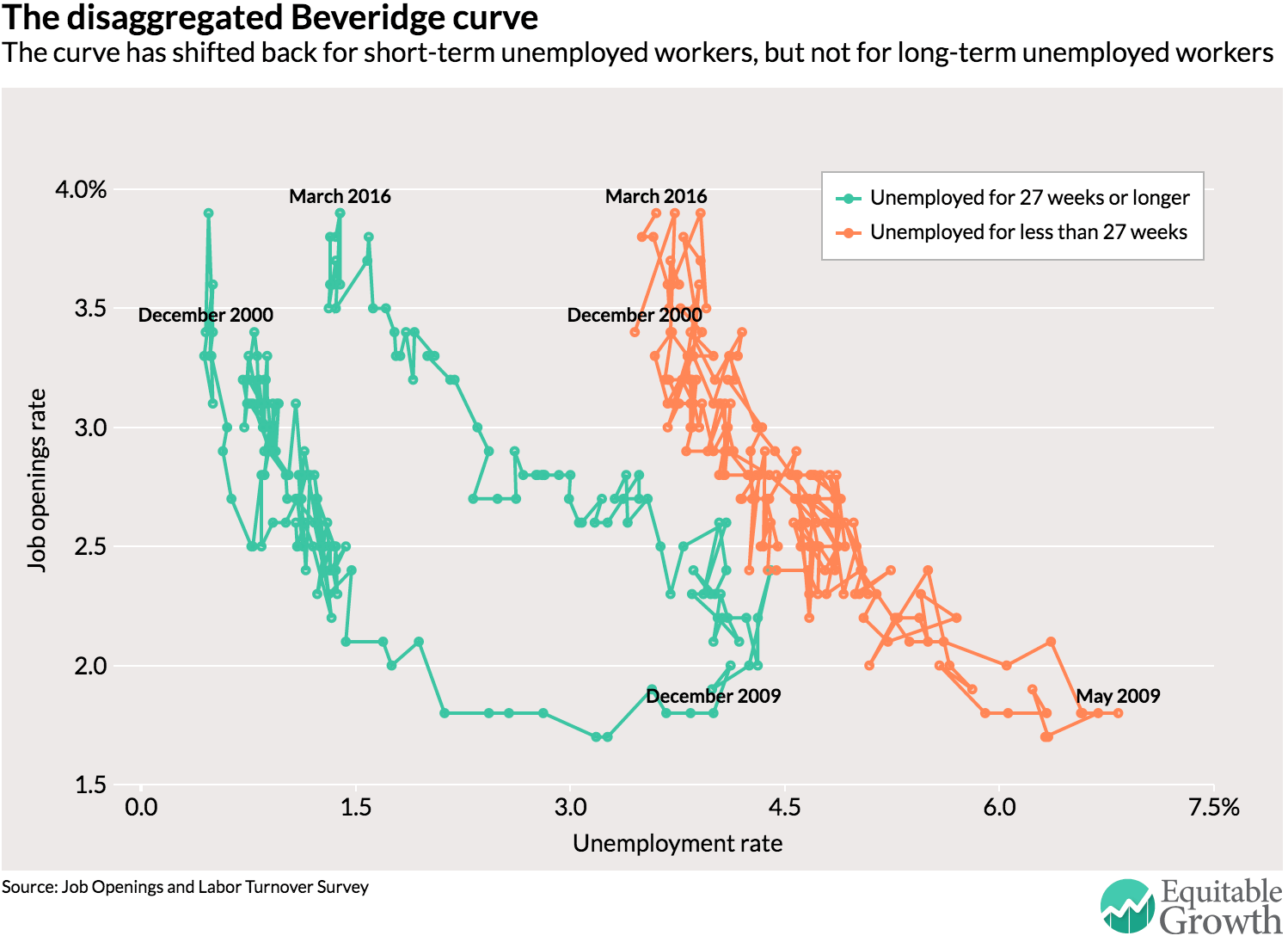Weekend reading: Memorial Day long weekend edition
This is a weekly post we publish on Fridays with links to articles that touch on economic inequality and growth. The first section is a round-up of what Equitable Growth has published this week and the second is work we’re highlighting from elsewhere. We won’t be the first to share these articles, but we hope by taking a look back at the whole week, we can put them in context.
Equitable Growth round-up
As U.S. corporations seemingly get better and better at avoiding corporate income tax, some people have called for just shifting the entirety of the tax onto shareholders. But there are a few problems with that idea, mainly because only a fourth of stocks are taxable these days.
Quite a few safety net programs in the United States are focused either explicitly or implicitly on helping the children of low-wage workers. But new research shows the importance of a mother’s situation well before the child is actually born.
Equitable Growth published the final essays in its History of Technology series this week with essays from Ann Johnson of Cornell Johnson on environmental regulation and technological development and Michael Gorman of the University of Virginia on how the technologies of today may interact with new educational systems.
Links from around the web
“Instead of delivering growth, some neoliberal policies have increased inequality, in turn jeopardizing durable expansion,” according to a new paper from the International Monetary Fund. Jonathan Ostry, Prakash Lougani, and Davide Furceri write that the neoliberal agenda for economic growth was oversold. [imf]
A credit card can be an important lifeline if you lose a job. Access to credit can help get by as you look for a new job, much like unemployment insurance. Kate Davidson highlights some Equitable Growth-funded research on how access to more credit when a worker is laid off helps them search longer and find a higher-paying job. [wsj]
The slow pace of productivity growth in the United States is an unfortunate but well-known fact these days. But perhaps it worse than most of us have considered. Sam Fleming and Chris Giles report on new research showing that U.S. productivity growth may be negative in 2016. [ft]
Another disconcerting trend for the U.S. economy (and perhaps a related one) is the decline in labor market fluidity. American workers are less likely to move to a different state and switch jobs while job-creation rates have dropped. Patricia Cohen reports on this trend and its implications. [nyt]
High rents in cities such as San Francisco have sparked thinking about how to make the city and those like it more affordable. A consensus seems to be emerging that believes increased housing supply and density will do the trick. Steven Randy Waldman argues against this consensus in favor of just building newer, denser cities. [interfluidity]
Friday figure
 Figure from “The shifting fate of the U.S. labor market” by Nick Bunker
Figure from “The shifting fate of the U.S. labor market” by Nick Bunker

